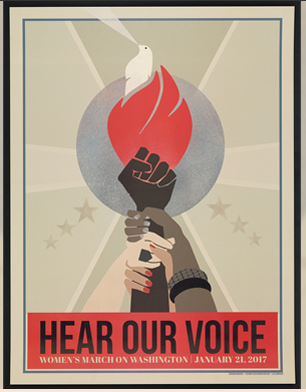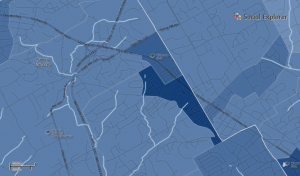Resource Highlight: Falvey offers Times Higher Education
By Laurie Ortiz Rivera
Falvey Library provides online access to the Times Higher Education, a website that presents a range of international higher education news, data, insights, and opportunities. It includes:
-

Times Higher Education logo.
News – Award-winning journalists bring together the latest news in higher education focusing on Asia, Australia and New Zealand, Europe, and North America.
- Data – Data editors and scientists offer fresh insights on global trends.
- Digital editions and Archive of the Times Higher Education magazine and previous issues.
- Opinion – Contributors provide insightful and provocative comments and opinions on higher education topics.
Times Higher Education is home to the World University Rankings database on global university performance. It also features an interview series titled “Talking Leadership” that includes Anton Muscatelli on social justice and Brexit, Nancy Rothwell on superstar academics, Stephen Toope on culture wars and collaboration, Suzanne Fortier on supporting refugees and addressing racism, and Mamokgethi Phakeng on culture change, among others.
It has dedicated sections for job listings, study abroad, events, and other resources. Signing up for newsletters is a great way to keep up with all the latest news and research across higher education. To ensure your access via the institutional subscription, you must register using your Villanova email address. Feel free to contact Laurie Ortiz-Rivera, Education & Counseling Subject Librarian, if you need more information.
 Laurie Ortiz Rivera, PhD, is Subject Librarian for History, Art History, Education & Counseling at Falvey Library.
Laurie Ortiz Rivera, PhD, is Subject Librarian for History, Art History, Education & Counseling at Falvey Library.

 Merrill Stein is Political Science Librarian at Falvey Memorial Library.
Merrill Stein is Political Science Librarian at Falvey Memorial Library.

 As we approach the end of March, Women’s History Month and look towards
As we approach the end of March, Women’s History Month and look towards 

 Kallie Stahl ’17 MA is Communication and Marketing Specialist at Falvey Memorial Library.
Kallie Stahl ’17 MA is Communication and Marketing Specialist at Falvey Memorial Library.
